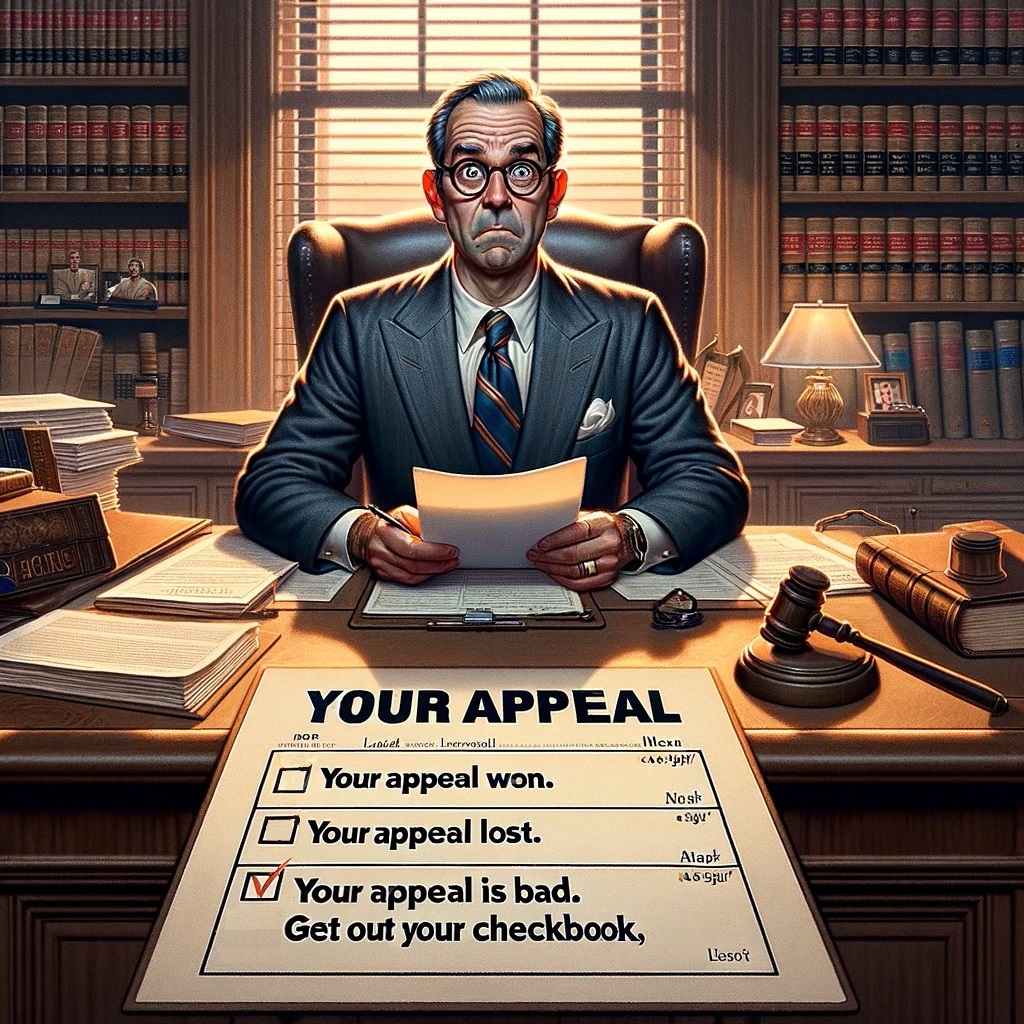
Failing to request a statement of decision. Misunderstanding what “substantial evidence” means. Preparing an incomplete appellate record. Yes, these mistakes will lose you your appeal. But they can also get you sanctioned. The appellant’s counsel in Mandir, Inc. v. Tiwari (D4d3 Mar. 27, 2023 No. G060437) (nonpub. opn.) got sanctioned nearly $50,000 for pursuing a frivolous appeal. (Disclosure: the author was primary counsel on this appeal.)
The plaintiff lost a bench trial. The court issued a tentative decision, but the plaintiff did not request a statement of decision. That was mistake #1.
On appeal, the plaintiff argued that the trial court failed to make required findings. But absent a request for a statement of decision, the trial court is not required to make any findings—instead, all findings supporting the judgment are implied under the implied-findings doctrine. That was mistake #2.
The plaintiff then argued that it offered substantial evidence to support a judgment in its favor. But that’s not how substantial evidence works. The plaintiff would have had to meet the impossibly-high “finding compelled as a matter of law” standard. That was mistake #3.
The plaintiff wasn’t done. The plaintiff also identified trial exhibits to be included in the Clerk's Transcript. But the clerk had returned custody of the trial exhibits to the parties. They were not included in the Clerk's Transcript. And under California Rules of Court, rule 8.224(a)(1), in this circumstance the appellant needs to send up the original trial exhibits to the Court of Appeal. The plaintiff failed to do that. And it is the appellant’s burden to furnish the record on appeal. Mistake #4.
The plaintiff also failed to cite the evidence supporting the judgment, a violation of the rules when challenging the judgment for lack of substantial evidence. Mistake #5.
Putting all these errors of appellate procedure together, the court concluded they made the “degree of objective frivolousness … very high.” And the plaintiff was made actually aware of these defects by the respondent’s brief and motion for sanctions.
The court did not dismiss the frivolous appeal, but it did award sanctions against the plaintiff in the amount of $49,243. One of the reasons the court awarded sanctions was “to deter conduct of this nature in the future,” noting that “If counsel is not aware of those principles and rules [of appellate review and procedure], they should be learned before an appeal is taken.”
Takeaway: While the number and severity of appellate-procedure missteps here are uncommon, finding one, two, or even several material defects in an appeal is very common. Consider consulting with an appellate specialist on your next appeal.